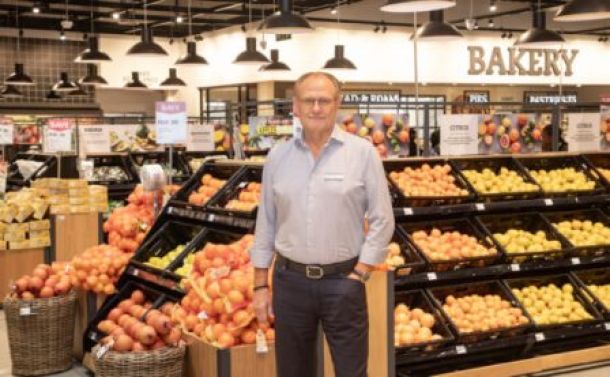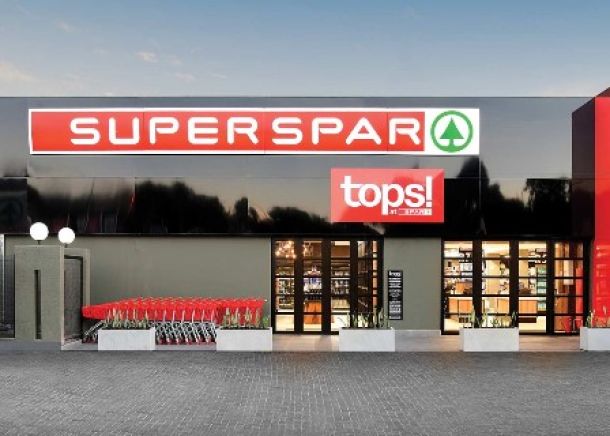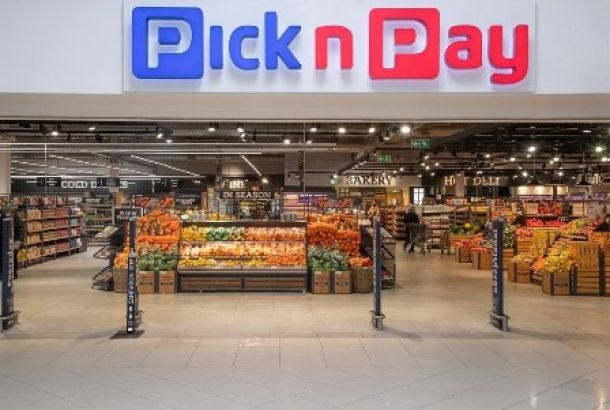Massmart profit rises as food sales grow
Massmart Holdings, the South African retailer controlled by Wal-Mart Stores, said first-half profit rose 19% as increased food and liquor sales offset slower growth in its general merchandise and DIY offering.
Earnings excluding one-time items rose to R321m from R269m a year earlier, the Johannesburg-based company said in a statement on Thursday. Sales increased 8.7% to R42bn.
Weaker economic growth and the effect of the weaker rand on the price of imports “severely constrained consumers’ discretionary spending on durable goods,” the company said.
Food and liquor sales growth accelerated with factors including and lower pricing than competitors, it said.
South African retailers have wrestled this year with challenges including weak domestic consumer confidence and rising interest rates, as economic growth stalls.
"We anticipate that this situation will make trading for the remainder of 2016 difficult," Massmart said.
Wal-Mart, based in Bentonville, Arkansas and the world’s largest retailer, bought a controlling stake in Massmart in 2011 to take advantage of African growth.
News Category
- International retailers
- On the move
- Awards and achievements
- Legislation
- Wine and liquor
- Africa
- Going green
- Supplier news
- Research tools
- Retailer trading results
- Supply chain
- Innovation and technology
- Economic factors
- Crime and security
- Store Openings
- Marketing and Promotions
- Social Responsibility
- Brand Press Office
Related Articles

Pick n Pay plunges 16% on JSE as stock adjusts ...

SPAR suffering from a hangover

Pain for Pick n Pay

Pick n Pay disaster


